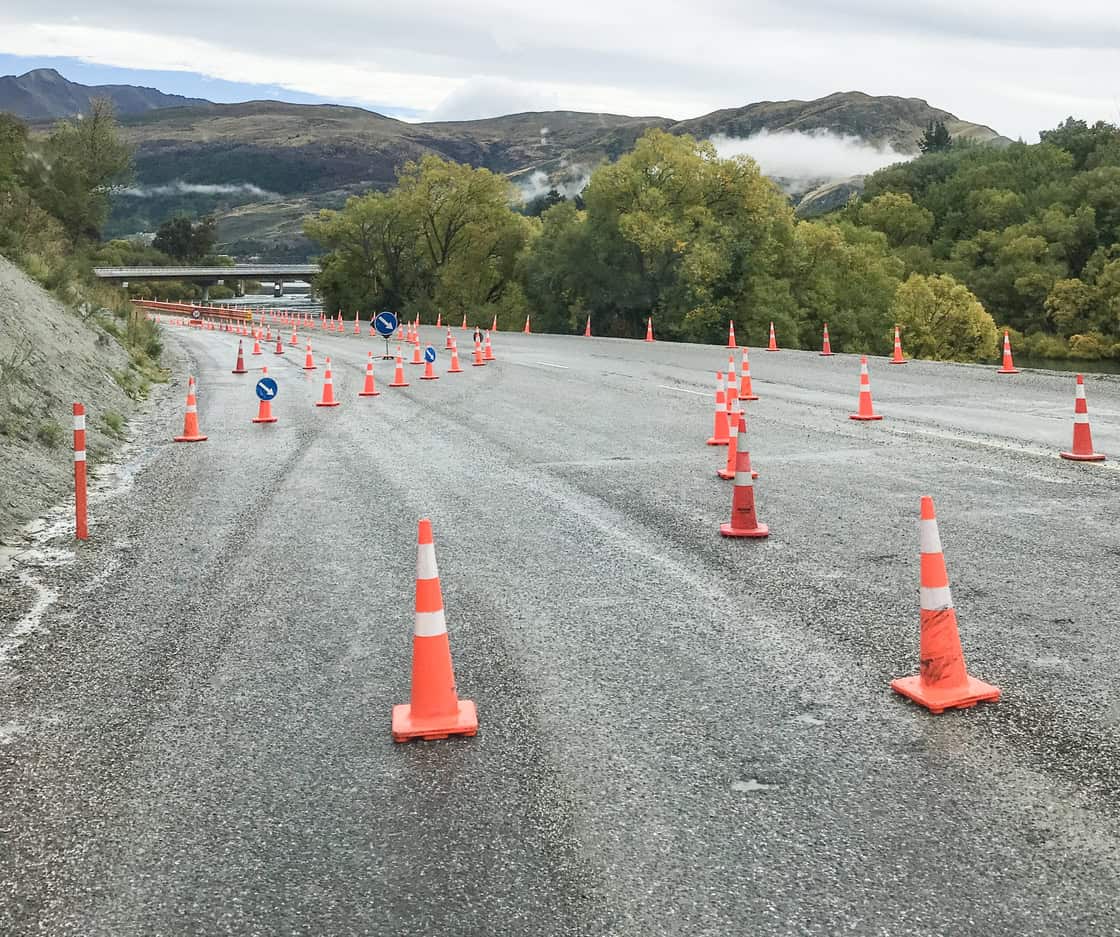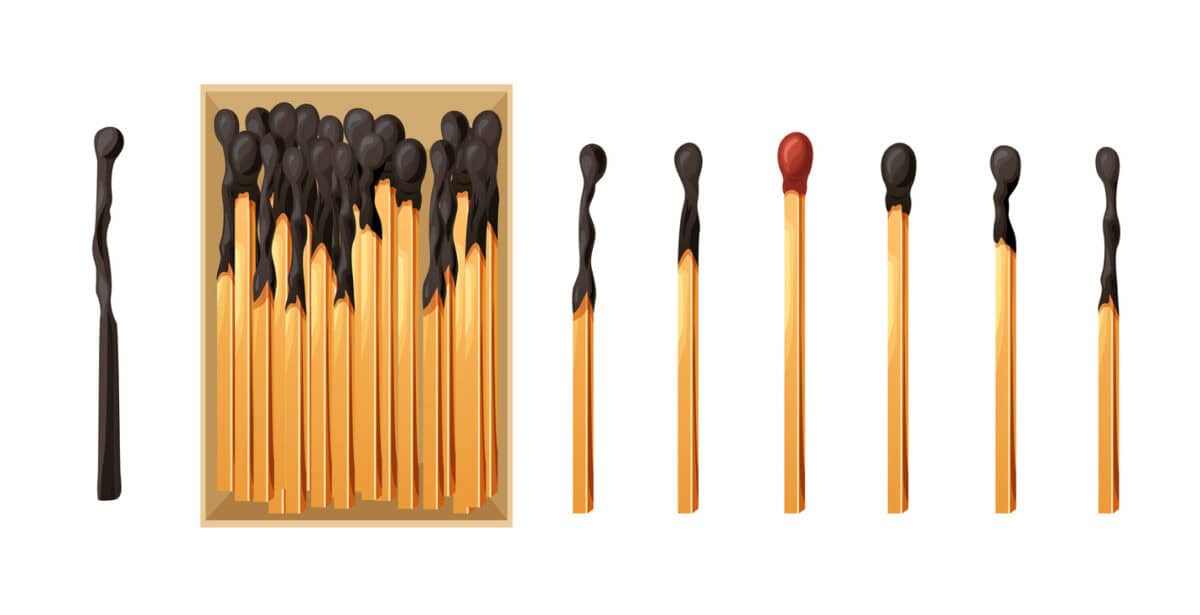The latest government in New Zealand has some wild ideas and policies. Surprisingly, some involve reforming occupational health and safety (OHS) laws. Reform is usually positive as it progresses laws and fixes errors, oversights, or shortcomings, but this NZ activity is different. To start, it is necessary to look at the policies and some of the media statements from the current Prime Minister and Minister for Workplace Relations and Safety.
Category: government
Whether it’s a book or a brick, it is invaluable
The latest edition of Creighton & Stewart’s Labour Law book (7th edition) has been released. I say “book”, but it is almost a brick, weighing in on my scales at 1.8 kilograms (see photo below). The book is excellent and probably authoritative, with the primary negative being its size and format. This article focuses on the 79-page occupational health and safety (OHS) chapter written by Richard Johnstone.
The recent recommendations into OHS penalties are likely to go nowhere
The Victorian Sentencing Advisory Council‘s report on OHS sentencing received minimal media coverage. Perhaps more will come when the government responds to the recommendations. However, the coverage focused on the recommendation for a substantial increase in financial penalties for those who breach occupational health and safety (OHS) laws. The report contained much more than financial penalties, but the political climate will likely stifle any significant reforms.
Some jobs continue to be bullshit ones
The concept of Bullshit Jobs persists. In the Oxford University Press BRAIN, neurologist Masud Husain applies the idea to universities and intellectuals. As I qualify as neither, I read the article seeking insight into the concept’s progress and application to occupational health and safety (OHS). I found connections to burnout, stress and Safe Work Method Statements.
Burnout prevention to receive considerable media attention
Jennifer Moss is a prominent analyst on work-related burnout and mental health. She is one of the few receiving global attention for pointing out that the prevention and control of the burgeoning mental health crisis are best addressed by reassessing and redesigning how organisations are run and workers are managed. Her latest book, due out in a few weeks, will supercharge the debate on managing psychosocial risks and psychological hazards at work.
Continue reading “Burnout prevention to receive considerable media attention”Mental health, neoliberalism and trade union myopia
The Australia Institute is a progressive (Left-leaning) research institute that recently commemorated its 30th anniversary with a book called “What’s the Big Idea?” Contributors are compatible with the Institute’s ideologies, but some chapters overlap with occupational health and safety (OHS).
Narelle Beer’s OHS article should be the start of a deeper analysis
Recently former WorkSafe Victoria executive, Dr Narelle Beer, penned an article in LinkedIn called “Going to work should not kill you!” The article is a good introduction to occupational health and safety (OHS) but some important points are overlooked or unexplored.







